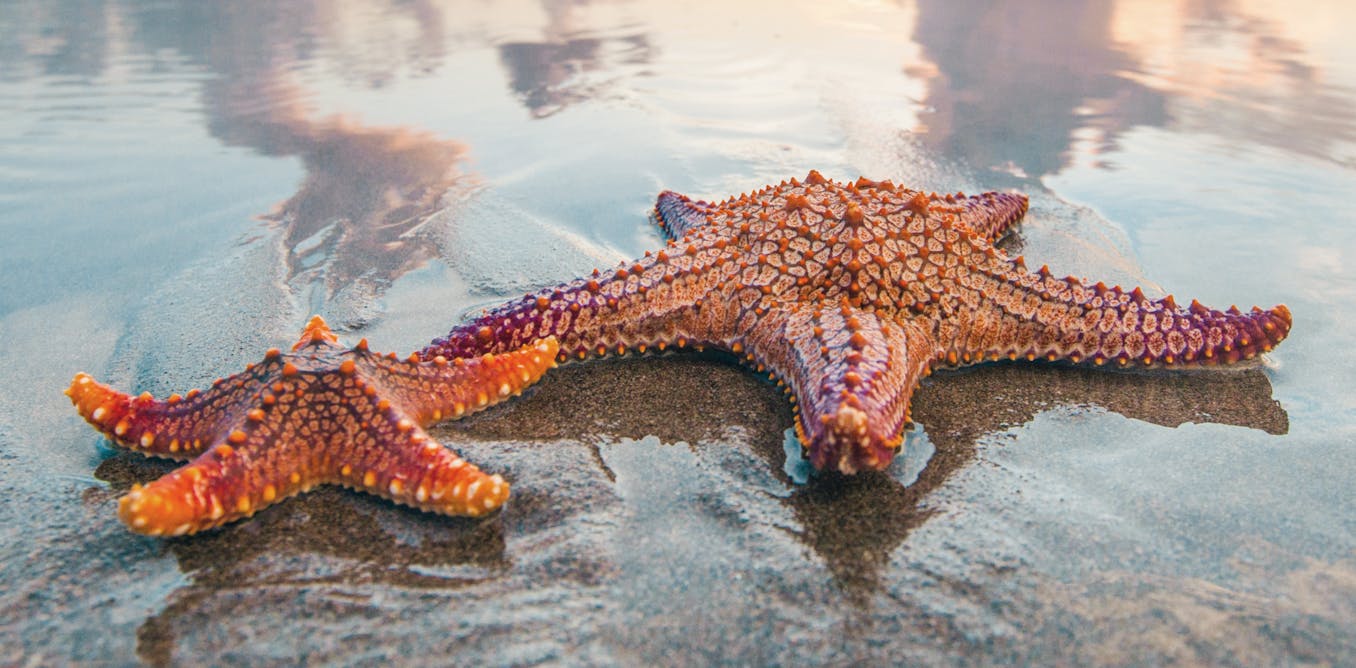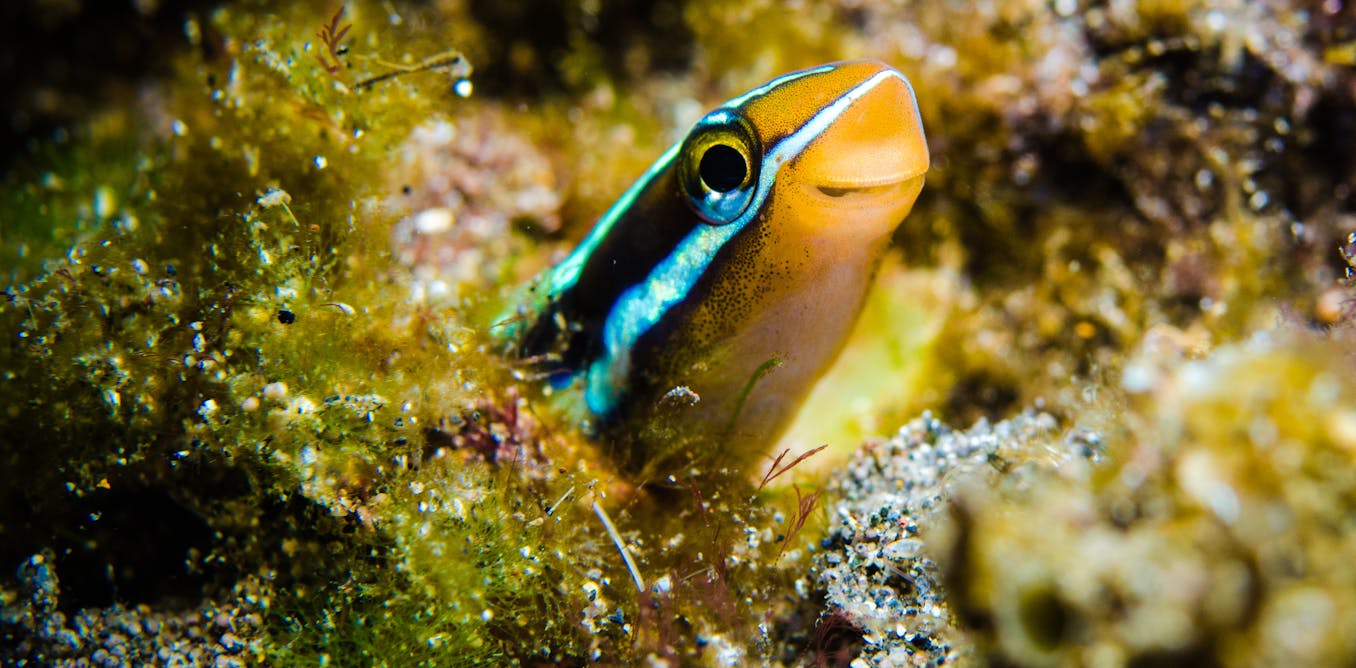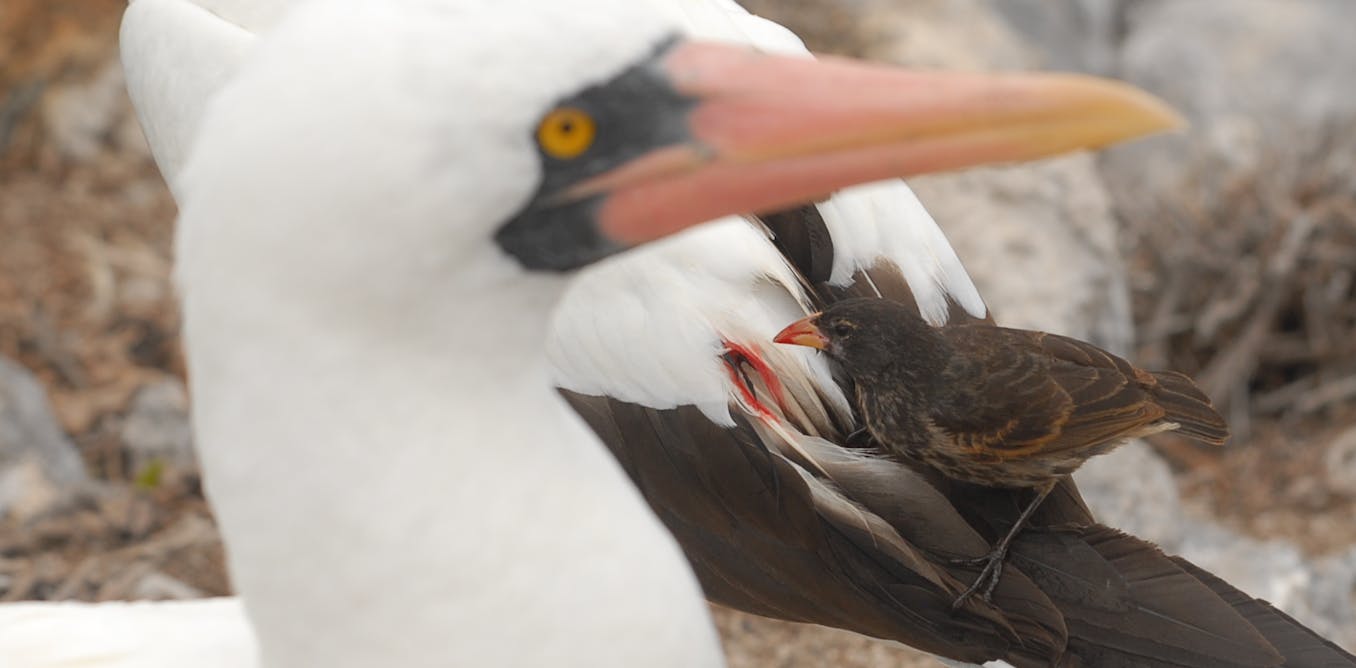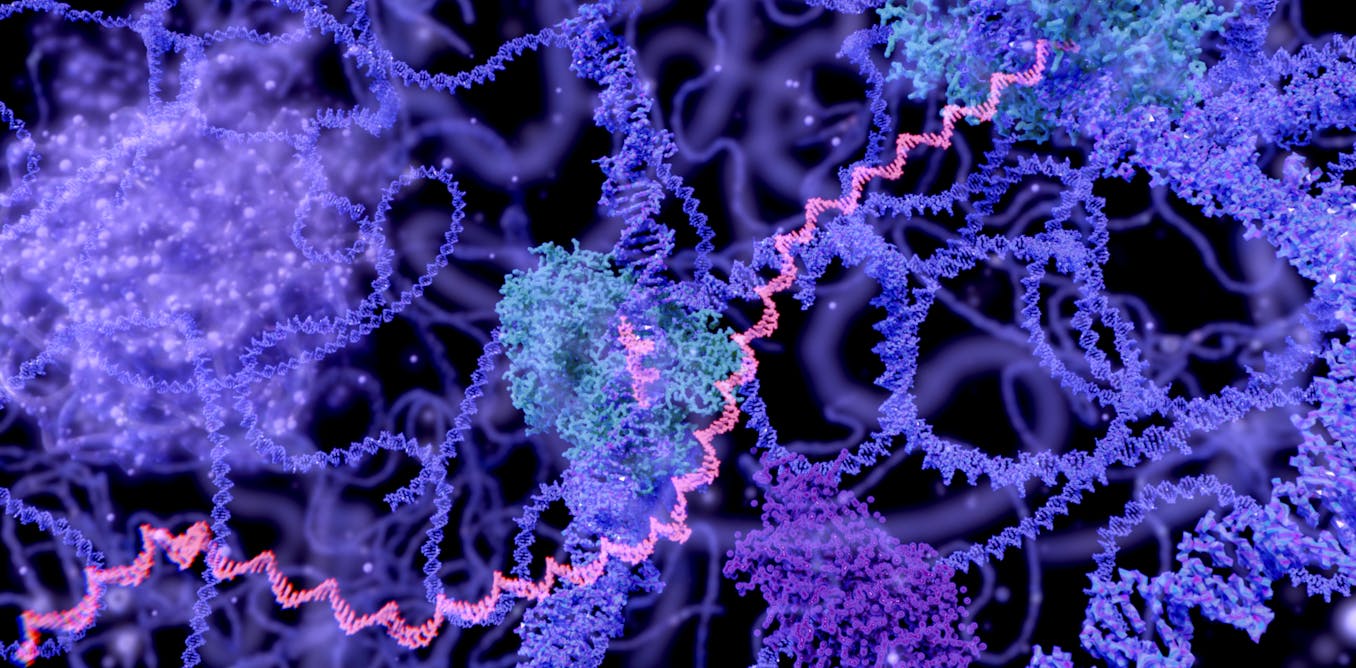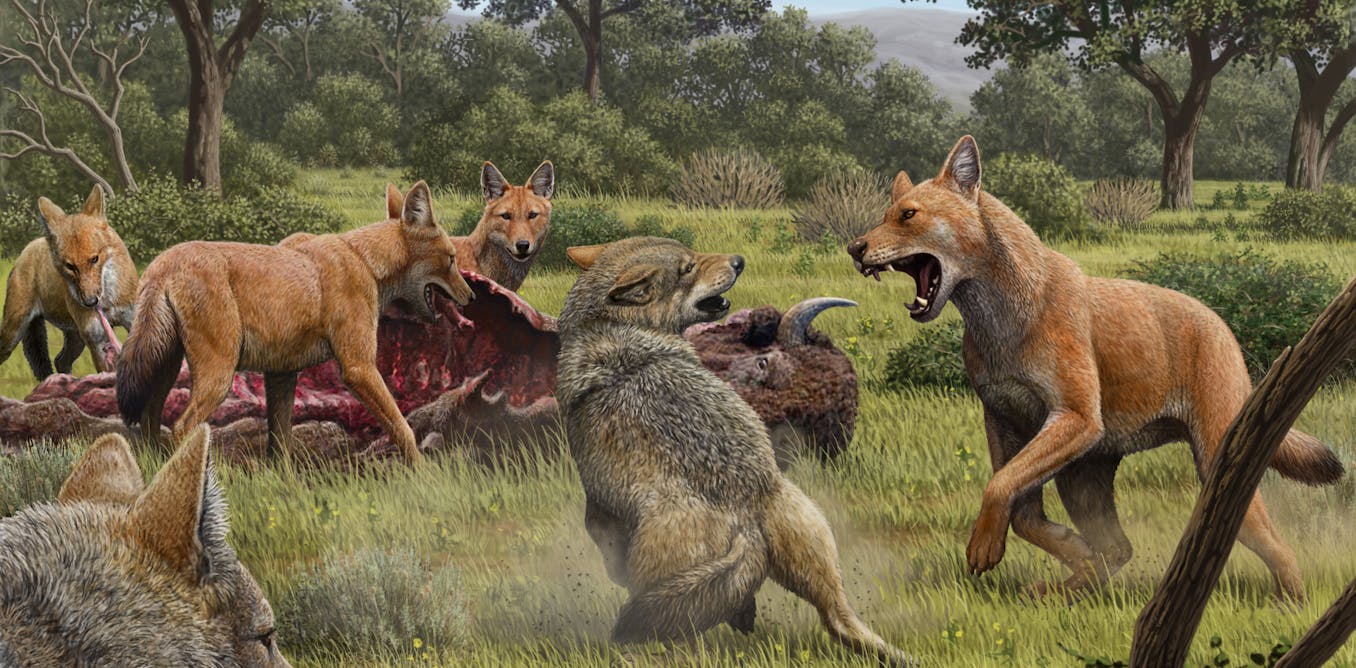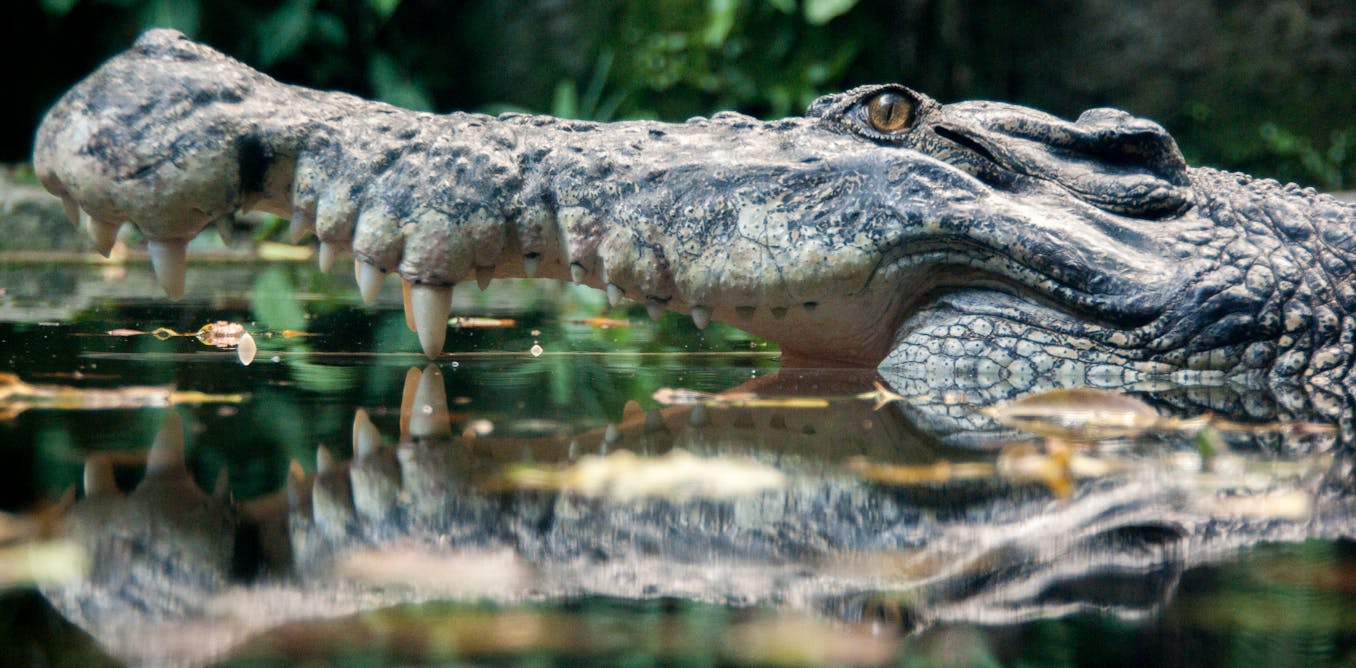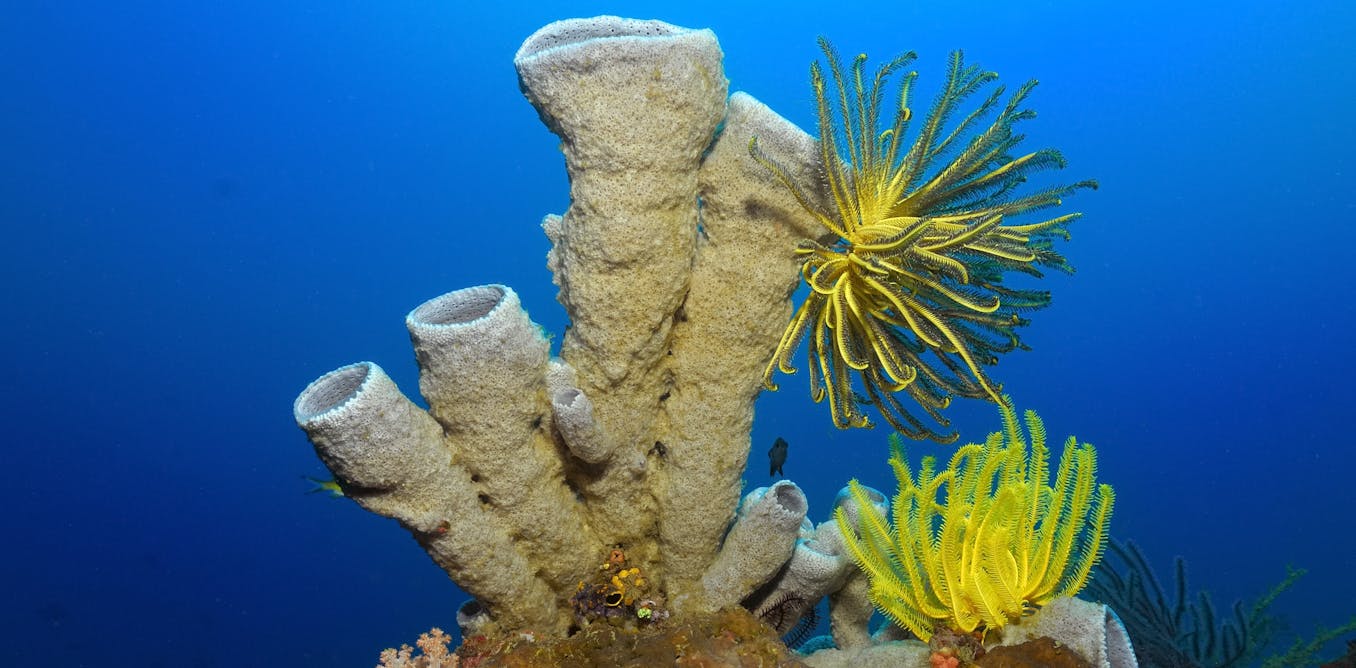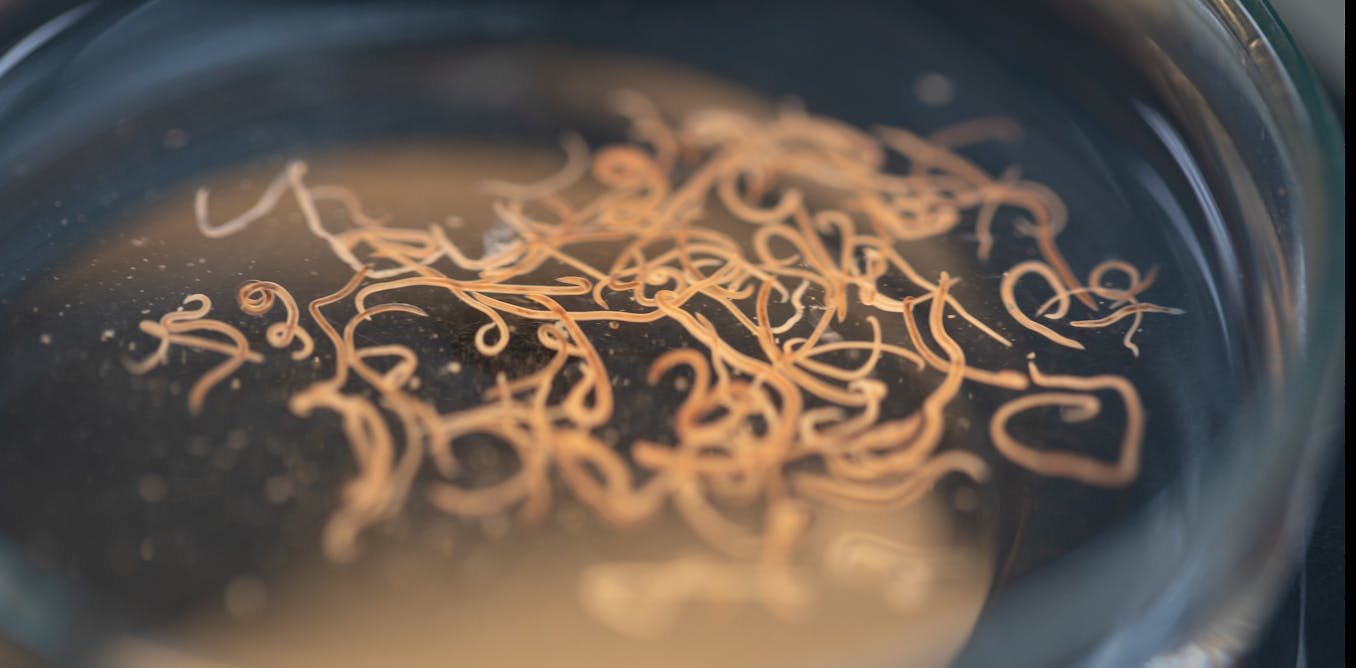Vampire finches: how little birds in the Galápagos evolved to drink blood
Finches have evolved to feed off blood from red-footed and Nazca boobies – and we've seen it first-hand.
Jan. 15, 2021 • ~7 min
What you need to know about the new COVID-19 variants
A biologist who studies the evolution of diseases explains what's different about the two new virus strains that have been found recently, and what that means for vaccine effectiveness.
Jan. 15, 2021 • ~7 min
Vampire finches: how little birds in the Galápagos got a taste for big bird blood
Finches have evolved to feed off blood from red-footed and Nazca boobies – and we've seen it first-hand.
Jan. 15, 2021 • ~7 min
Dire wolves went extinct 13,000 years ago but thanks to new genetic analysis their true story can now be told
Our research shows dire wolves lived in the tropics not the Arctic, and were not especially close relatives of the grey wolf.
Jan. 13, 2021 • ~6 min
Crocodiles today look the same as they did 200 million years ago – our study explains why
New research shows crocodiles have landed upon an equilibrium state of evolution.
Jan. 7, 2021 • ~6 min
A tropical fish evolved to endure rising temperatures – but it may not be fast enough to survive climate change
Species can evolve to tolerate higher temperatures – but there's a ceiling beyond which adaptation isn't possible.
Dec. 15, 2020 • ~5 min
Why do scientists care about worms?
'Worm' is really a catchall term for a huge variety of animals with different characteristics that span the tree of life. They hold clues about our own origins as well as hints about human health.
Dec. 10, 2020 • ~7 min
/
25

